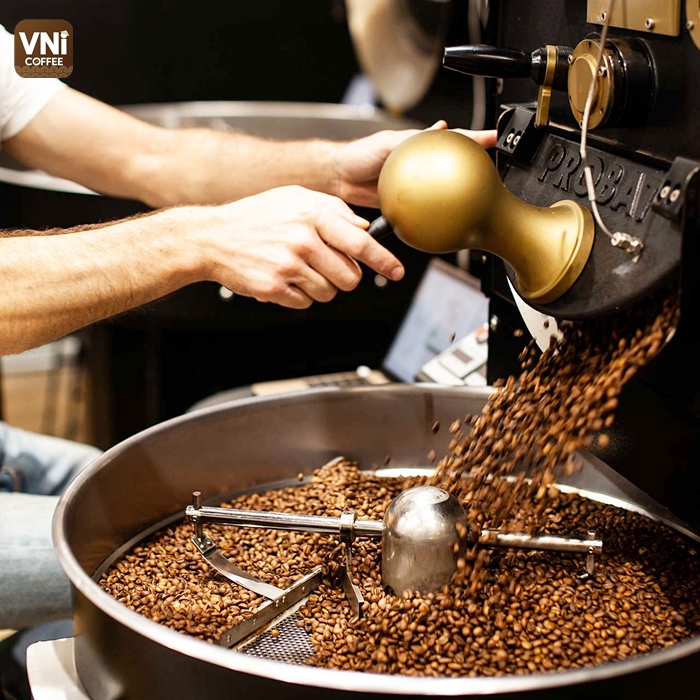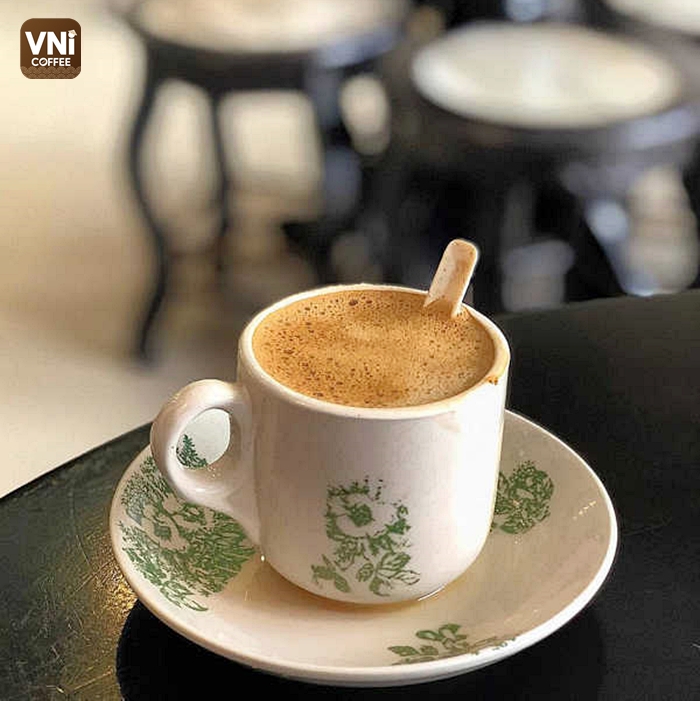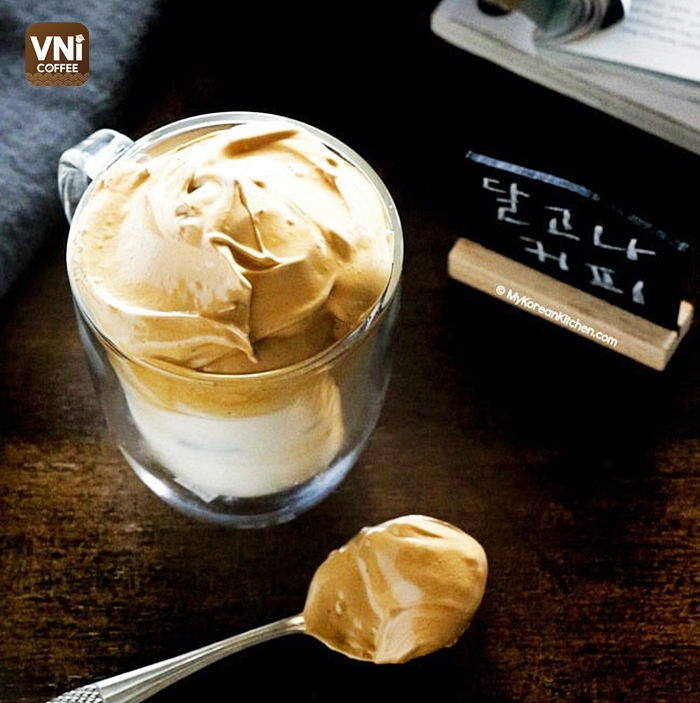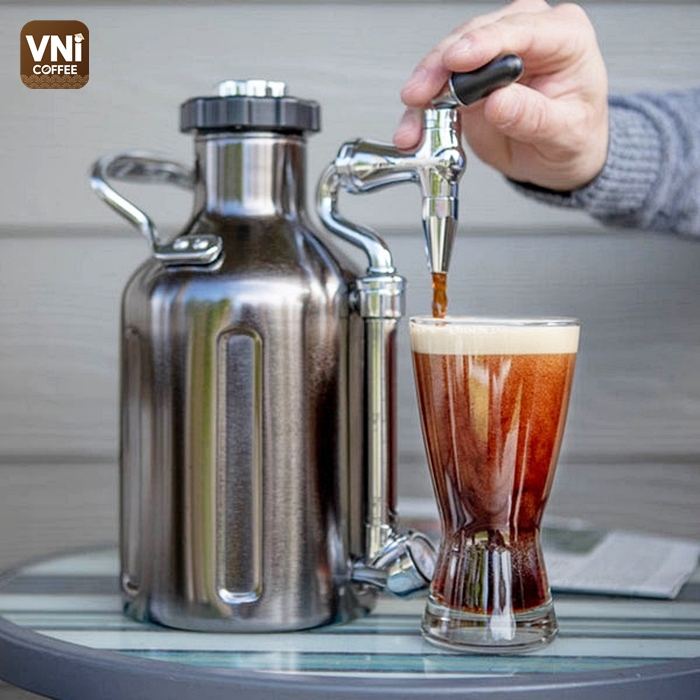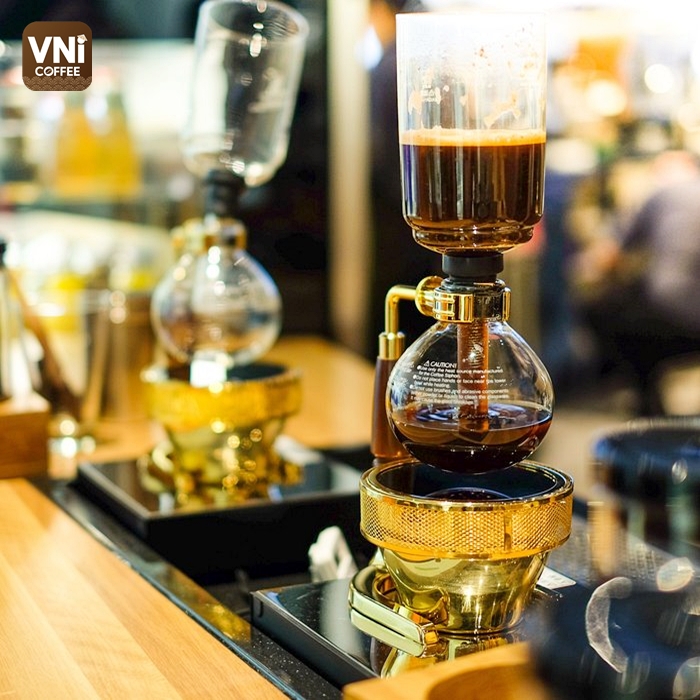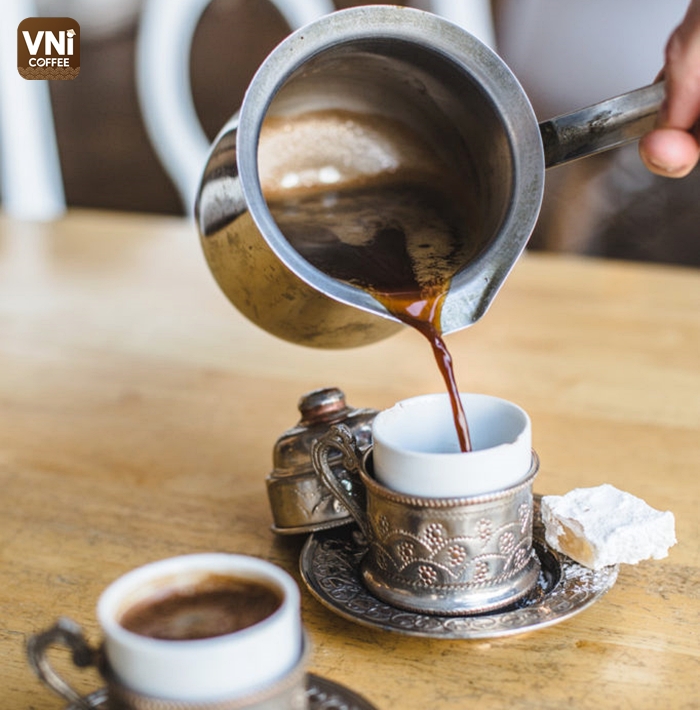Coffee roasting classifications and their characteristic flavors
Roasting is a thermal process that turns fresh, green coffee beans into the aromatic, dark brown beans we're all familiar with. This way literally helps bring out the best flavor hidden inside the green beans. Interestingly, different roasting levels also make a variety of flavors as the roasters' aiming taste; that's why you find the words “light roast”, “dark roast”, “medium roast”, or even “Vienna roast”, “French roast”, ”Italian roast” on each
Pour-Over brewing method and numerous key techniques to know
With the principle of pouring hot water over the coffee grounds in a filter, and the water filtering through the coffee falls into a pitcher or cup, it sounds Pour Over a simple manual coffee brewing method; still, is it really so? In fact, it requires quite careful preparation of incubation time, pouring technique, and extraction ratio; or more precisely, the baristas need to have high personal skills. Therefore, this makes Pour
The White Coffee that might make you confused with Flat White
Once created a trend among coffee enthusiasts, still, as the title mentioned, a lot of people get confused between White Coffee and Flat White Coffee. If you are picturing a style of black coffee mixed with condensed milk or fresh milk, that is Flat White. Meanwhile, White Coffee is not that thing; it actually refers to the beans that are roasted and ground differently to create a light-colored and less-bitter bean. This
Dalgona Coffee: The viral drink exploding the internet during Covid quarantine
Made of only four ingredients easy to find at home and processed within a few minutes, Dalgona Coffee, with its brown frothy coffee layer that stands out on top of fragrant fresh milk, has become a homemade concoction trend sweeping various social media sites during the Covid-19 pandemic. Here’s how you decipher it and how to make yourself a cup of this attractive two-layer drink. The concept of Dalgona Coffee Dalgona Coffee, aka whipped
Siphon Coffee Brewing: Differences between Japanese vs. American styles
Along with watching the coffee slowly drop to the glass jar below and enjoying the freshly-extracted delicate flavor, Siphon goes beyond the need of simply making a clean cup of joe but becomes an artful experiment. In Japan, Siphon coffee brewing is brought to a high level of art with creativity in mixing and measuring ingredients. Americans have also been so fascinated with the Siphon gadget that they even created their own
Nitro Coffee – A blast combination of coffee and Nitrogen
Coffee tastes like beer, with smooth, creamy foam on top, why not? First appearing in 2005 and becoming popular since 2012, Nitro Coffee truly has been a popping-up trend among coffee lovers due to the interesting combination of cold brew and Nitrogen gas; from there, your cup of joe not only achieves a thicker texture but also a natural subtle sweetness, along with an ultra-fine bubble gas layer. And yet, it is
Siphon Coffee – a combination of science and exquisite Japanese art
To get the best taste of caffeine, we have various ways to brew coffee: the traditional filter, modern dripping preparation, boiling in a kettle like the Turks, cold brew, or as subtle as Siphon. When everything goes beyond the need of simply drinking a cup of joe, coffee aficionados would prefer to have more unique and artful experiences of how coffee is made from an experiment-like gadget called Siphon pot. Along with
Sipping Turkish coffee to learn the peculiar culture and rituals
Place the super-finely coffee in a cezve pot and heat in the sand, no stirring or adding milk during the brewing process, to create a liquid as black as hell and as sweet as true love, yes, that's all about the unique Turkish coffee. The Turkish coffee-drinking culture dates back to nearly a decade, but since the ban on alcoholic beverages, the drink has been more thriving, even becoming a UNESCO intangible
Cau Dat coffee – The best source of Arabica beans in Vietnam
Vietnam's coffee market has marked significantly on the international coffee map, of which the production of Robusta beans is also the second largest in the world, just behind Brazil. However, there is still another type of bean that is as delicious as Robusta (or even "more" to some coffeeholics) planted in a highland province around 100 years ago - that is Cau Dat Arabica coffee. The people in the land of Cau
America’s best coffee roasters for third-wave experience
Since the 1950s, when instant coffee was becoming a popular drink, specialty cafes began to open to coffee connoisseurs, offering a more delicately traditional brew. The owners start to pursue the finest way to expand the consumer's experience, specifically by making a connection from investing in coffee farms to collecting, roasting beans to discover the balanced natural flavor in their customer's cups. Roasting is basically the process of creating the distinctive flavor




